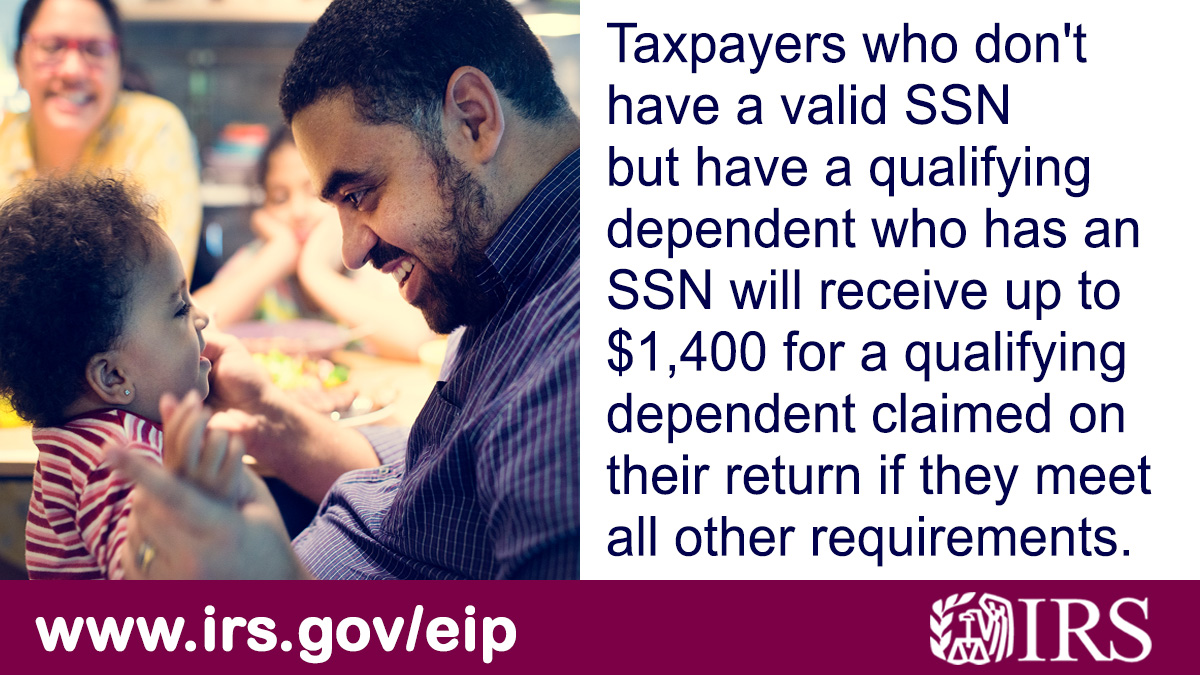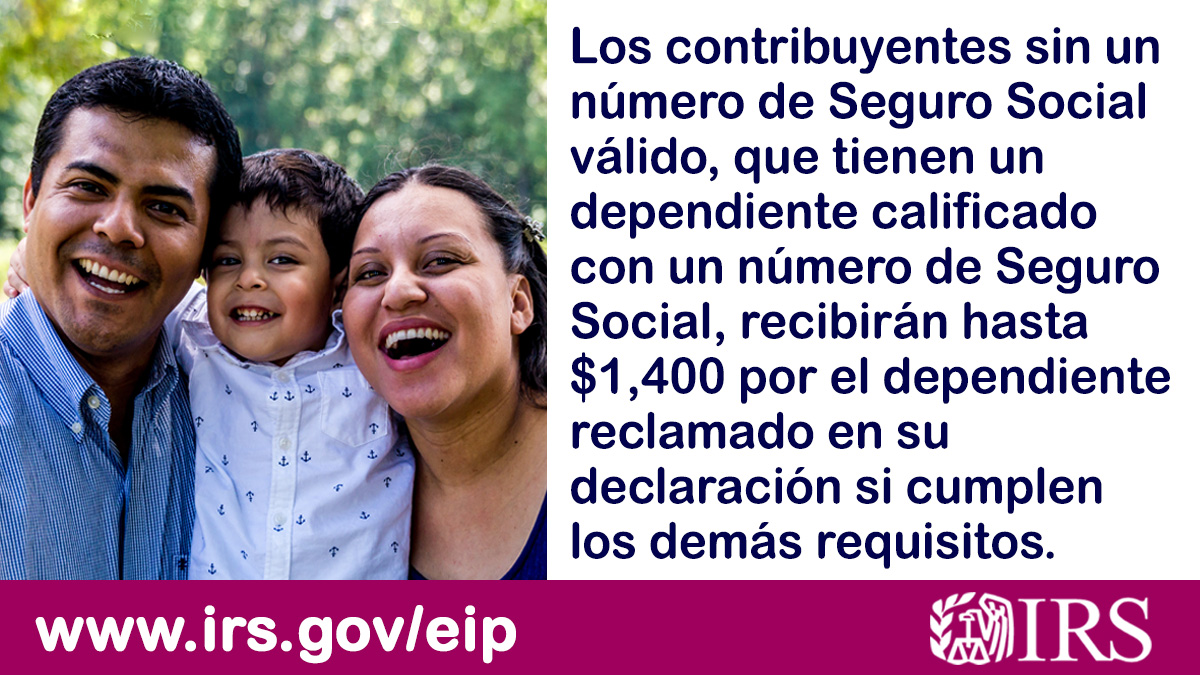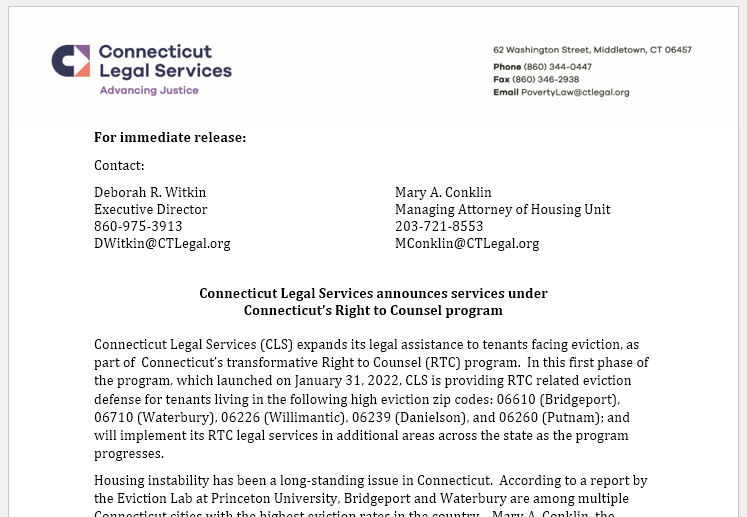The publication covers the following topics: how to apply for affordable housing, a list of all of HUD associated properties in CT, what to do if you’re experiencing homelessness, information on veteran programs for housing and homelessness, discrimination information and how to file a complaint, eviction information, legal aid assistance, housing counseling agencies, housing rehabilitation programs, and how to report fraud.
Author: CT Legal
Renters’ Rights on WFSB News via Facebook Live
Tuesday 2/22
Thank you to Natalia Planell, an attorney in our housing unit, who began this series on Renters’ Rights on WFSB News via Facebook Live.
Watch it from last night – https://fb.watch/bk-PtbrXBH/
Tune in tonight on WFSB’s FB Live at 6:35pmEST to see Jane Kelleher answer your questions about evictions!
Wednesday 2/23
Have you seen our attorneys on FB Live recently? CLS attorneys are answering YOUR housing questions on WFSB’s Renters’ Rights series on Facebook Live.
Tonight at 6:35pmEST Catharine Freeman will be talking about living in rental properties with broken items or bad conditions. Make sure you follow us to hear about our upcoming events!
#advancingjustice #housing #rentersrights #legalaid #FBlive #rent #rights #tenants #landlords #law #livingconditions #eviction
Connecticut Legal Services announces services under Connecticut’s Right to Counsel program
Have you heard about Connecticut’s Right to Counsel Program? Check out our press release on the exciting initiative that we are a part of!
CLS is proud to join Greater Hartford Legal Aid, New Haven Legal Assistance Association, and Statewide Legal Services in this coordinated legal effort to help tenants under the Right to Counsel Program administered by the Connecticut Bar Foundation. Anyone needing assistance should call the Right to Counsel hotline at 1-800-559-1565 to determine their eligibility for services.
You might be eligible for a third stimulus payment of $1400
You might be eligible for stimulus payments, even if you don’t have a permanent address, income, job, or bank account.


Many people who don’t normally file a tax return and don’t receive federal benefits may be eligible to receive Economic Impact Payments (EIPs), also known as stimulus payments, but may not realize it. This includes those without a permanent address, income, a job, or a bank account. In addition, a December 2020 law changed eligibility requirements for EIPs. Now, some people who don’t meet the Social Security Number requirements can get the third EIP for each qualifying dependent if those dependents have SSNs.
Eligibility: Income limits apply, but generally, people are eligible for the third EIP if they:
- are a U.S. citizen or U.S. resident alien,
- are not another taxpayer’s dependent, and
- have an SSN that is valid for employment (for the 2020 Recovery Rebate Credit) or a valid SSN (for the third Economic Impact Payment).
Special rules apply to filers who do not have an SSN if they have qualifying dependents.
The third Economic Impact Payment amount is:
- $1,400 for an eligible individual with a valid Social Security number ($2,800 for married couples filing a joint return if both spouses have a valid Social Security number or if one spouse has a valid Social Security number and one spouse was an active member of the U.S. Armed Forces at any time during the taxable year)
- $1,400 for each qualifying dependent with a valid Social Security number or Adoption Taxpayer Identification Number issued by the IRS
Unlike the first two payments, the third payment is not restricted to children under 17. Eligible individuals will get a payment based on all their qualifying dependents claimed on their return, including older relatives like college students, adults with disabilities, parents and grandparents.
For more information on EIP eligibility requirements, visit Third Economic Impact Payment on IRS.gov.
Eligible people can receive the third Economic Impact Payment by:
- Using IRS Free File to file a Form 1040 for tax year 2020, or
- Using the Non-filer Sign-up tool on IRS.gov, which can help people who don’t normally file a tax return get advance payments of the Child Tax Credit as well as Economic Impact Payments and the Recover Rebate Credit.
The FCC Emergency Broadband Benefit Program is a temporary monthly broadband bill discount for qualifying low-income households
- Up to a $50/month discount on broadband service and associated equipment rentals
- Up to a $75/month discount for household on qualifying Tribal lands
- One-time discount up to $100 for laptop, tablet, or desktop computer (with co-payment of more than $10 but less than $50)
- One monthly service discount and one device discount allowed per household.
- FCC EBB Consumer Page: https://www.fcc.gov/broadbandbenefit
- Consumer information and signup: https://www.getemergencybroadband.org
- Toll-free support number: (833) 511-0311
Project ReSIDe has openings for paid survey participants
The Housing and Health Lab at the Yale School of Public Health is conducting a new study, Project ReSIDE, which investigates the effect of rental assistance for people with Type 2 Diabetes.
In order to be eligible for the study, participants are required to be on a waitlist for rental assistance, have Type 2 Diabetes, and live in the state of Connecticut. The main goal of the study is to show the impact of receiving rental assistance for people with chronic health conditions. Compensation includes $75 at each study wave — for a total of $375 over the 2.5 years.
The importance of lawyers for people in crisis
Click to read our opinion piece published May 18th, 2021 in the Hartford Courant.
File Your Taxes for Credits Up to $15,000
Filing your taxes this year is a must!
If you don’t you could be missing out on thousands of dollars (up to $15,000) intended to help stabilize individuals and families during these tough times.
MORE STIMULUS MONEY IS AVAILABLE BUT YOU MUST FILE BY MAY 17TH!
- Did you receive any or all of the $600, $1200 or $1400 Stimulus Payments?
If you did, then you likely qualify. If not, you may still qualify, but you need to file your taxes with the IRS
- Did you have any earnings in 2020?
If so, you may qualify for the Earned Income Tax Credit (ETIC)
-as much as $1500 if you do not have children OR up to $6000 if you have kids.
- Do you have kids?
If so, you may qualify for $3,000 for each child ($3,600 if the child is under 6) through the Child Tax Credit (CTC) but you need to file with the IRS.
HOW DOES IT WORK?
Example – A parent with 2 children under six without a job or other earnings would get: 1st Stimulus Payment : $1200+$1000 [$500 dependent x 2] = $2200 + 2nd Stimulus Payment: $600 x 3 = $1800 + 3rd Stimulus Payment: $1400 stimulus x 3 = $4200 + CTC $3600 x 2 = $7200 TOTAL: $15,400
HOW DO I APPLY?
- File online: Get step-by-step instructions: org
- To check the status of your stimulus: https://irs.gov/coronavirus/get-my-payment
- For more information: Call the 211 Economic Impact Payment Helpline: 1-844-322-3639
CLS Stands for Racial Justice
As a legal aid organization dedicated to removing barriers to justice, we recognize yesterday’s guilty verdict in the jury trial for George Floyd’s murder as one step on our country’s 300 year journey toward racial equity. Before the trial, during the trial, and after the verdict, more Black lives were lost at the hands of the police. Our work is far from over.
We stand with heroes like Darnella Frazier, who make us see these acts for what they are. As we process the recurring onslaught of violence and discrimination against people in brown and Black communities, Connecticut Legal Services pledges to keep advocating for all those who have suffered from individual racism, and for those who have been failed by our institutions through systemic racism. We continue to look internally to ensure our own policies and actions are informed by the failings of the past and present.
Op-ed Opinion: CT vaccine policy discriminates on basis of race and disability
Our most vulnerable clients continue to have difficulty getting their COVID-19 vaccinations. We joined forces with Disability Rights CT to provide this update on the complaints we each filed with the Office of Civil Rights. Things are not getting better for many of CT’s residents.
by
Deborah Dorfman and Kristen Noelle Miller Hatcher

